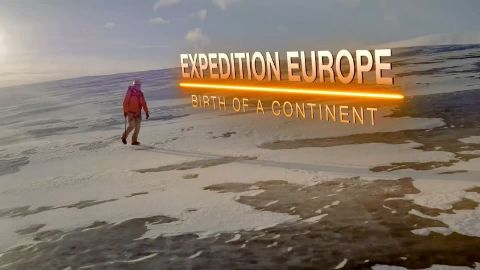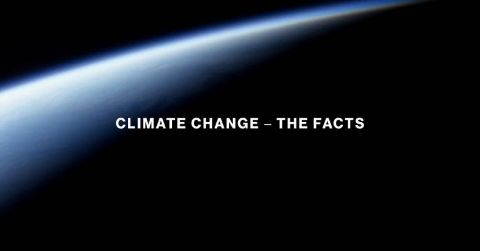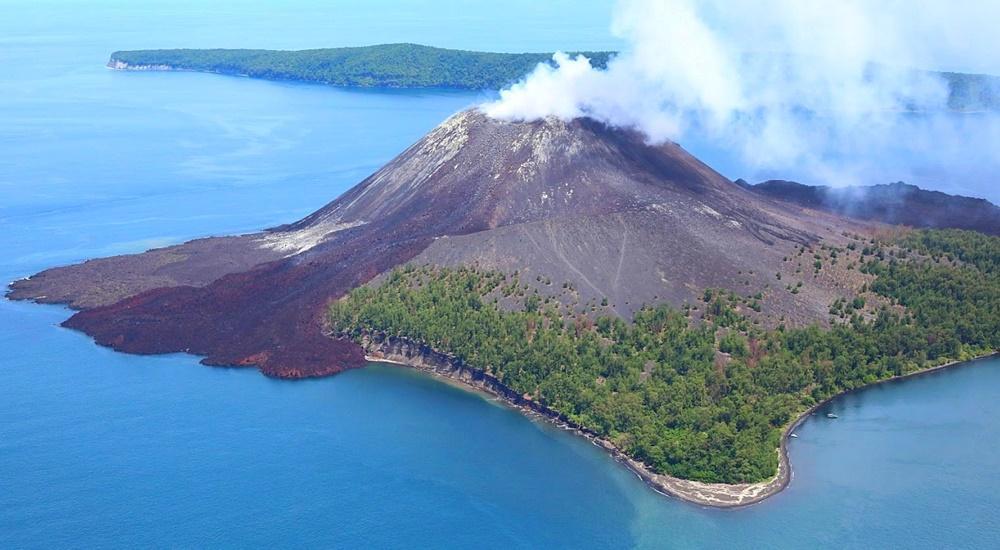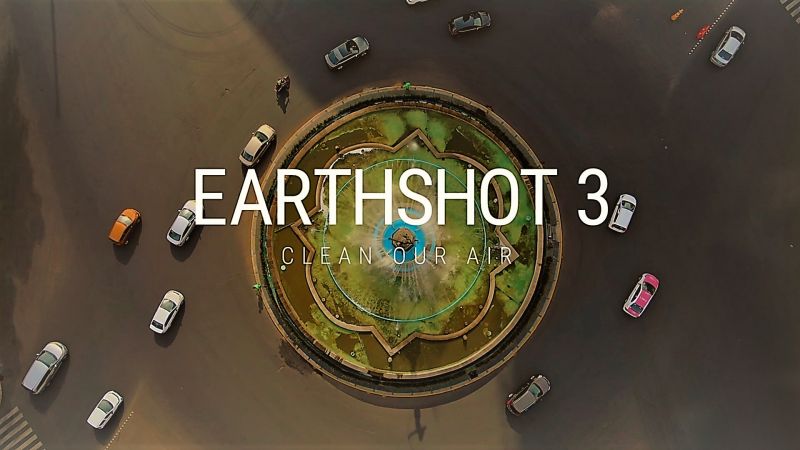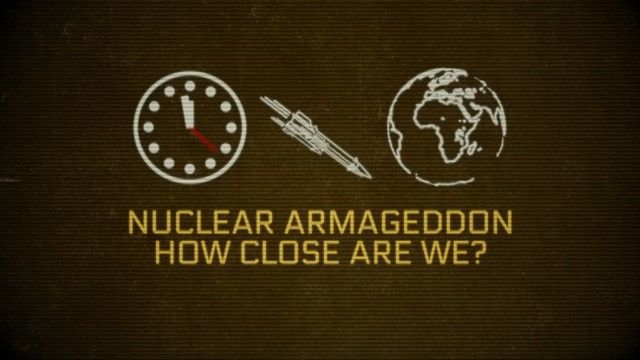Humanity from Space • 2015
From the global perspective of space, this 2-hour special reveals the breathtaking extent of our influence, revealing how we’ve transformed our planet and produced an interconnected world of extraordinary complexity. A journey through 12,000 years, Humanity from Space shows how seemingly small flashes of innovation have changed the course of civilization; innovations that touch all of us today in ways unimaginable to our ancestors. And we’ll gaze into the future at the new challenges we’ll face in order to survive as our global population soars because of our success. In every case we’ll look at our progression in a unique and surprising way, revealing unforgettable facts and "who knew?" connections. To visualize these stories cutting-edge technology is used to turn raw data into authentic moving images, building on expertise from a previous (and highly-praised) project; "Earth From Space." Using this technique, we can map humanity’s behavior in stunning, never seen before detail, revealing how our civilization grew, how it works today and what the future might hold.
Make a donation
Buy a brother a hot coffee? Or a cold beer?
Hope you're finding these documentaries fascinating and eye-opening. It's just me, working hard behind the scenes to bring you this enriching content.
Running and maintaining a website like this takes time and resources. That's why I'm reaching out to you. If you appreciate what I do and would like to support my efforts, would you consider "buying me a coffee"?
Donation addresses
BTC: bc1q8ldskxh4x9qnddhcrgcun8rtvddeldm2a07r2v
ETH: 0x5CCAAA1afc5c5D814129d99277dDb5A979672116
With your donation through , you can show your appreciation and help me keep this project going. Every contribution, no matter how small, makes a significant impact. It goes directly towards covering server costs.
